Have you ever wondered what skincare things dermatologists refuse to put on hands? When it comes to maintaining healthy and youthful skin, dermatologists are the ultimate authority.
Let’s dive into the secrets of expert hand care and discover why these professionals steer clear of certain products and practices when it comes to pampering their precious hands.
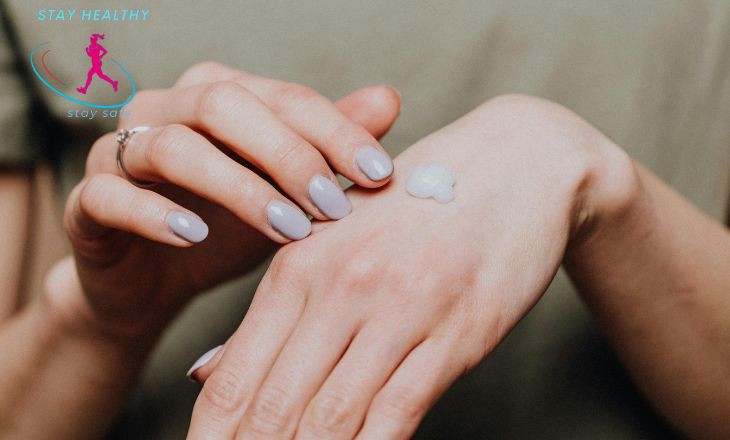
How to take care of your hands?
To keep your hands soft and healthy, use a hand cream that fits your skin type. Apply it several times a day, especially after washing your hands.
Wear gloves in cold weather and use sunscreen in the sun to protect your hands. Trim your nails often and use cuticle oil to care for them.
Why do certain things dermatologists refuse to put on hands?
Dermatologists are careful about recommending hand products because they want to protect the skin on our hands. Some hand lotions have ingredients that can harm the skin, like fragrances and harsh chemicals. These can cause irritation, dryness, redness, and eczema.

Instead, dermatologists suggest using gentle, fragrance-free hand creams and wearing gloves when using chemicals or water for a long time. This helps keep the skin healthy and prevents aging. It’s best to follow dermatologists’ advice and choose products that nourish and protect our hands’ delicate skin, rather than using trendy lotions.
Antibacterial soap
Dermatologists advise against using antibacterial soaps like Dial because they have strong chemicals that can harm the skin and upset its natural balance.
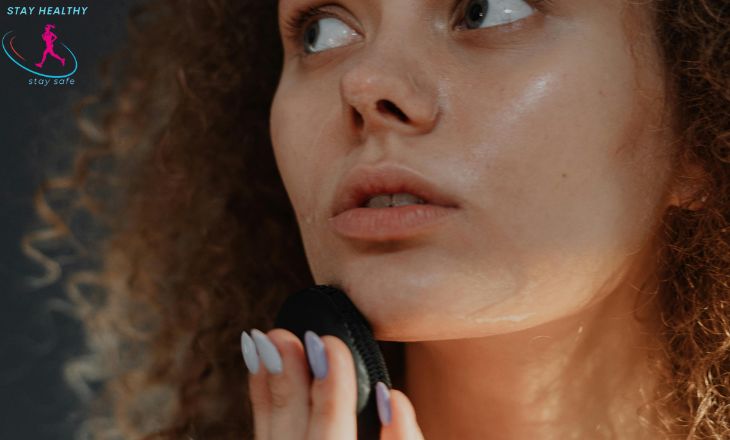
Instead, they recommend using gentle cleansers like Dove to keep the skin healthy. Dermatologists think that using antibacterial products too much can lead to antibiotic resistance and skin irritation.
Salon manicures
Dermatologists are careful during salon manicures to protect their hands. They avoid acrylic nails because they can harm the natural nails. They also stay away from gel manicures that use UV lights, as these can damage the skin on the hands.
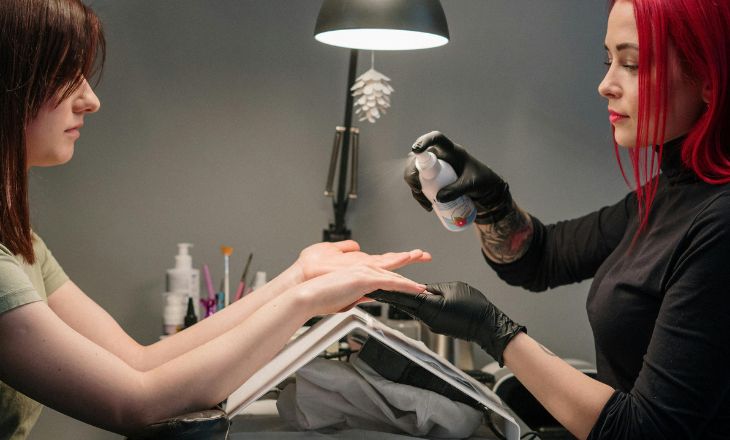
Dermatologists are cautious about cutting cuticles during manicures because it can cause infections and harm the skin around the nails. Instead, they suggest gently pushing back cuticles with a wooden stick to keep nails healthy..
Rubber gloves
Dermatologists are careful about the gloves they use to protect their hands. Many dermatologists avoid using butyl rubber gloves because they can cause skin irritation and allergic reactions.
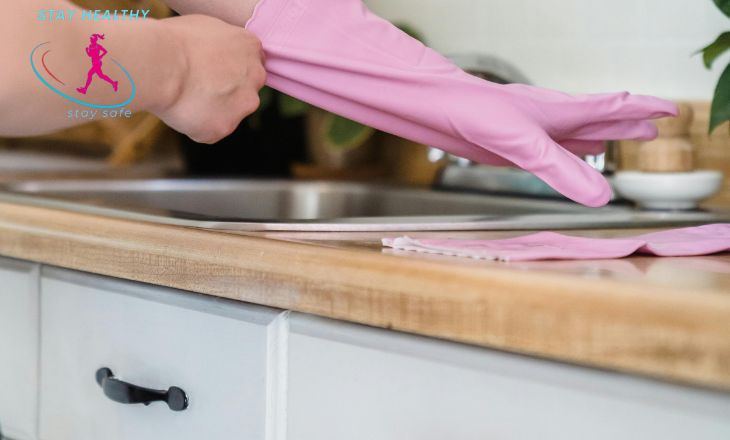
Dermatologists make this choice to keep their skin healthy and be able to treat patients without any issues. By selecting safer gloves, dermatologists show patients how to choose protective gear that is good for the skin
Sunlight and UV nail lamps
Dermatologists are cautious about using UV nail lamps on their hands, despite their popularity in nail salons. These lamps emit concentrated UV radiation, similar to sunlight, which can increase the risk of skin damage and premature aging.
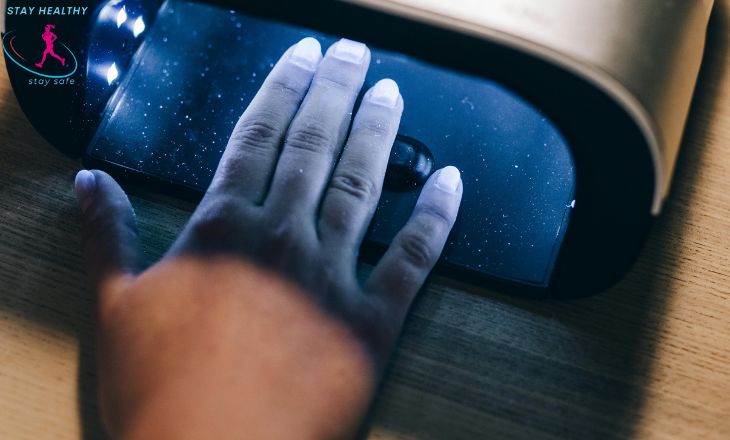
Some professionals are concerned about the safety of UV nail lamps, especially during gel manicures. To protect their skin, dermatologists may choose alternatives or wear sunscreen on their hands before using these devices.
Petroleum-based hand creams
Dermatologists avoid using hand creams with petroleum jelly because they can create a barrier on the skin, preventing it from breathing naturally. Petroleum sourcing from companies like Occidental Petroleum raises ethical concerns for environmentally conscious professionals.

Some hand creams contain petroleum ethoxylates, which may be contaminated with carcinogenic substances. Dermatologists prefer products with low risk of side effects, so they are careful about recommending or using lanolin creams
Lanolin
Dermatologists avoid using lanolin-based creams on their hands because they can cause allergic reactions. Lanolin, a natural ingredient from sheep’s wool, can lead to redness, itching, and irritation in some people. .
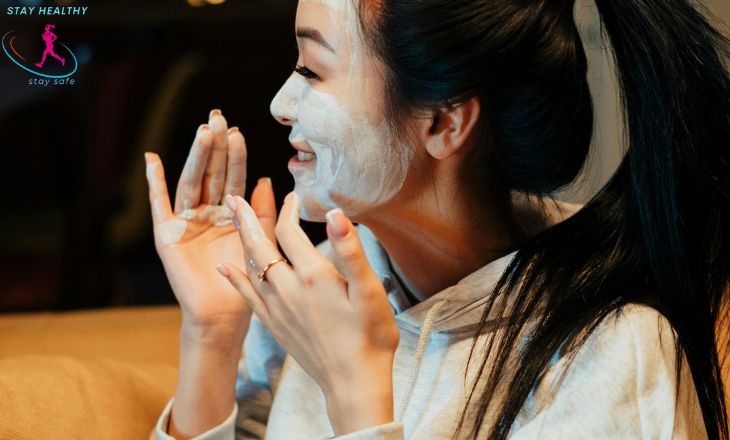
Another reason they avoid lanolin products is that they can clog pores. Lanolin is thick and greasy, which may not be good for people with oily or acne-prone skin. Dermatologists choose lighter, non-comedogenic options to prevent worsening skin conditions or pore blockage.
Gel nails
Short gel nails are popular for their convenience and durability compared to regular nail polish. Dermatologists caution against using poly gel nails as they can harm the natural nail bed over time.
Some dermatologists also advise against gel nails due to the UV exposure during the curing process, which can increase the risk of skin cancer and aging. To protect the skin, they recommend using sunscreen or gloves during gel nail treatments.
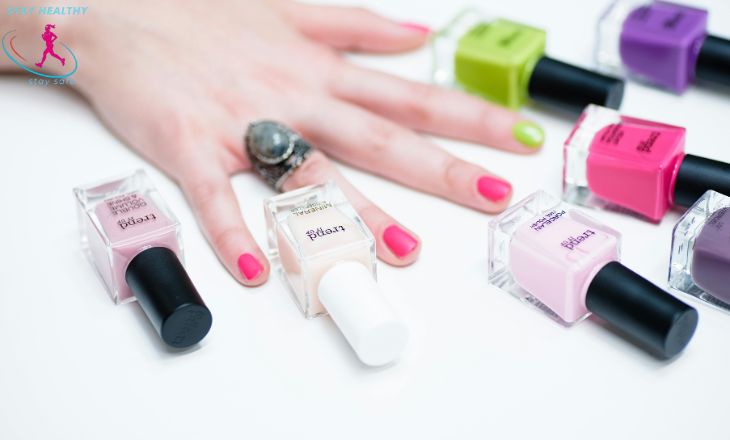
Heat
Dermatologists know how to keep their skin healthy. They avoid exposing their hands to too much heat, like using hot styling tools or touching hot objects without protection. Our hands are always being used, so it’s important to protect them from extreme heat to keep them healthy.

Dermatologists warn against exposing your hands to intense heat without protection. Both the Miami Heat and the Celtics basketball teams agree that avoiding excessive heat is important for skin health.
Dish soap
Dermatologists know that dish soap can harm their hands. They avoid using strong options like Dawn because they have harsh chemicals.
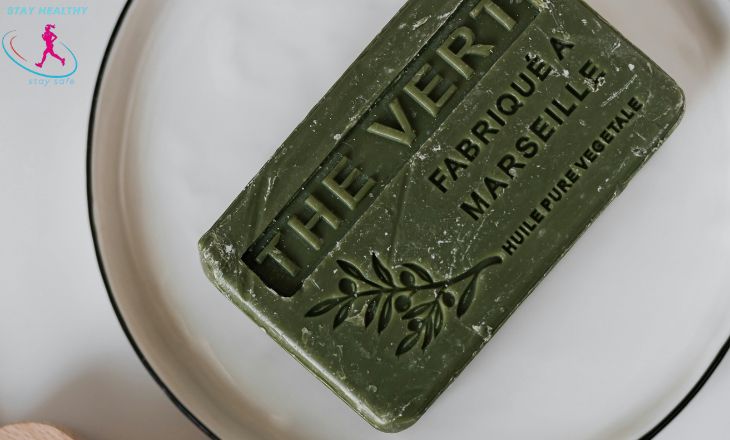
They recommend choosing mild dish soaps without sulfates and fragrances to reduce skin reactions. Using a proper soap dispenser can also help control the amount used, preventing excessive exposure that could damage their skin.
Traditional hand sanitizer
Dermatologists are now using hand sanitizers that are better for the skin instead of traditional ones like Purell. This change is because the high alcohol in those products can make the skin dry and irritated if used a lot. This is one of the things dermatologists refuse to put on hands.
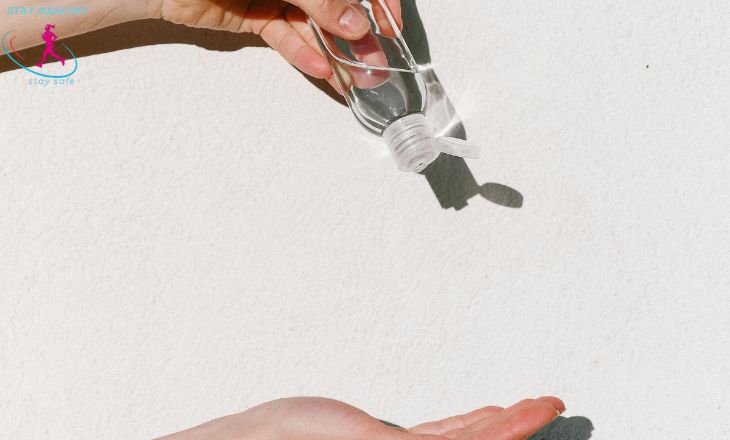
Dermatologists suggest using alternatives like Touch land hand sanitizer, which has moisturizing ingredients to keep hands from getting dry.
Conclusion
Dermatologists are careful about what they use on their hands to keep their skin healthy. There are certain things dermatologists refuse to put on hands to prioritize skin health. It’s important for everyone to check the ingredients in hand products and choose gentle options.
Avoiding harmful products can protect our hands from damage and premature aging. Dermatologists suggest using gentle cleansers, moisturizers, and sunscreen for healthy hands. Wear gloves when using harsh chemicals or being in water for a long time. Follow these tips for soft, smooth, and beautiful skin!
FAQs
What are the risks of dermatology?
Dermatologists are exposed to infectious agents at work. They face risks like getting infected through cuts, breathing in infectious particles during procedures like laser surgery, using tools, and cryotherapy.
Do dermatologists deal with hands?
Your dermatologist may give you moisturizer, barrier repair cream, or cortisone cream to help your hands heal. They can also advise you on how to prevent hand eczema triggers.
What skin care products do dermatologists recommend?
1 .La Roche-Posy Toleraine Face Wash is gentle.
2 .Cerave Facial Cleanser hydrates.
3 .Olay Total Effects Face Moisturizer fights aging.
4 .Bare Minerals Complexion Rescue evens skin tone
Can I trust my dermatologist?
If you’re only here for cosmetic reasons, make sure the dermatologist talks about your personal and family history of skin cancer. Dermatologists are doctors, even if they do cosmetic procedures.
Do dermatologists clear skin?
A dermatologist can help treat stubborn acne with a personalized plan. The certified doctors can give you clear skin and boost your confidence
